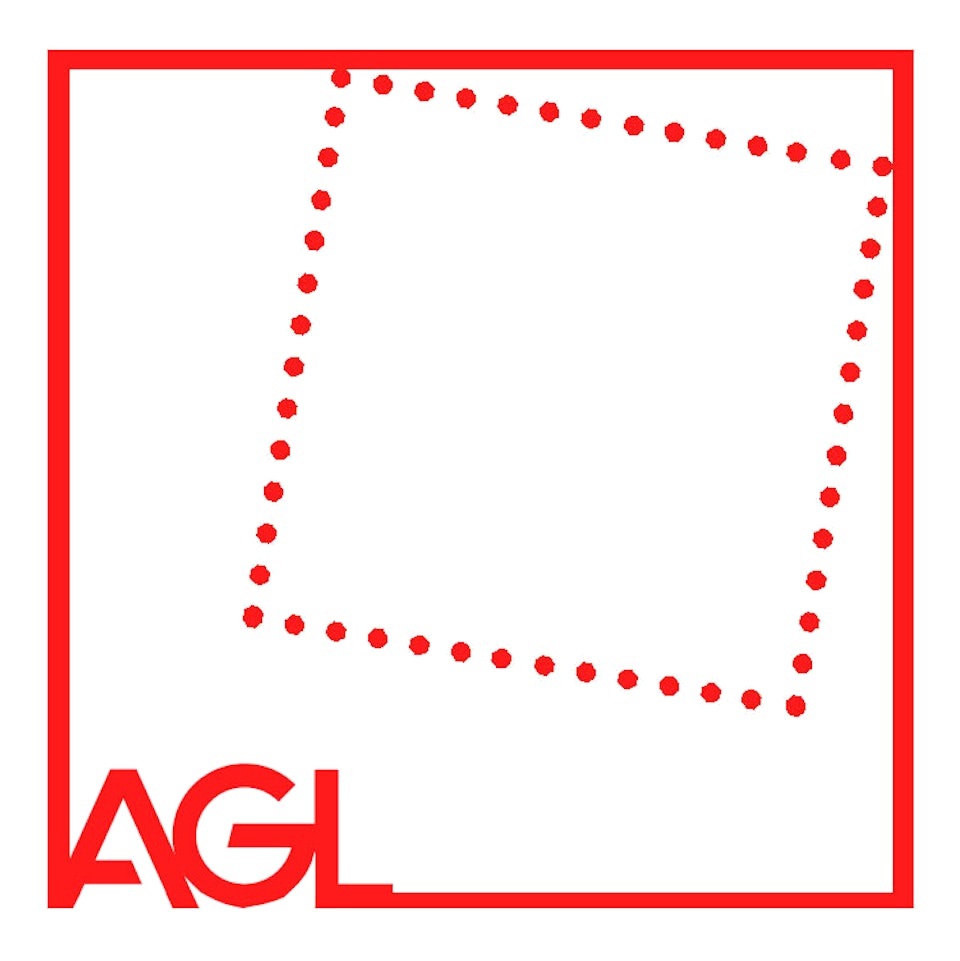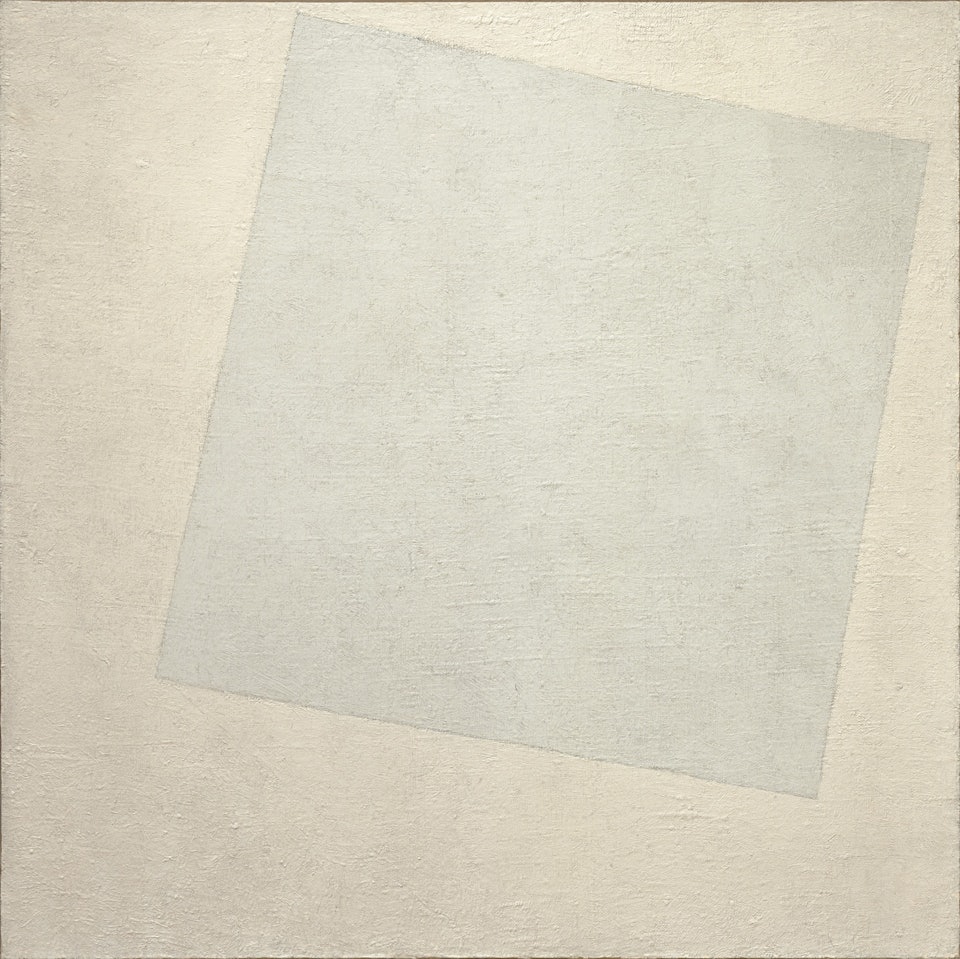Featured Organization
Avant-Garde Lawyers

Avant-Garde Lawyers (AGL) is a collective of lawyers who utilize legal frameworks to protect and promote artistic expression. AGL was founded in 2017 by human rights lawyer Andra Matei who currently serves as the director of the organization.
The logo, inspired by Kazimir Malevich’s White on White, effectively encompasses the mission of AGL with its interlocking squares representing an alliance between the arts and the law. While the law is often used to justify the restriction and regulation of creative endeavors, it can also be viewed as a mechanism for protecting and strengthening the arts. The term “Avant-Garde” is not indicative of an alignment with a specific artistic movement or approach but simply connotes with being “progressive” or “forward-thinking.”
Avant-garde lawyers recently succeeded in detangling a manifold immigration issue regarding the legal status of Ramy Essam in Sweden and obtained a favorable decision from the Swedish Migration Agency. ARC is working to create a network of pro-bono lawyers with Avant-Garde Lawyers to connect at-risk artists directly to regional or local expert legal support— legal support is one of the most requested forms of assistance by at-risk artists.

AGL’s mission to safeguard artistic expression is three-fold. First, the organization seeks to connect threatened artists with legal support and take on cases that specifically deal with the right to artistic expression. Second, the organization provides legal advice to low-income artists and also ensures that they are informed of their legal rights. The third component of the mission--steeped in research and advocacy--involves the analysis of legal attitudes towards art in national and regional courts alongside promoting the right to freedom of artistic expression as a distinct legal category.
AGL offers the following resources to connect artists with legal resources and facilitate cooperation between artists and legal professionals:
Art Law Forum: This forum helps artists understand legal jargon and issues relevant to artistic expressions, whereas the arts are made accessible to individuals working in legal professions. The forum will be convening in Venice at the European Inter-University Centre for Human Rights and Democratisation in 2019.
International Network of Pro Bono Lawyers (INPBL): This network consists of public interest lawyers who provide legal services to artists for free or at reduced rates. These services are available to individuals artists as well as organizations that work to defend artists. If you a lawyer interested in joining the INPBL, fill out this form.
Safe Passage Europe: This project between AGL and the Artistic Freedom Initiative provides legal advice and representation to persecuted artists seeking safe passage to Europe. This initiative is funded by the SDK Foundation for Human Dignity. Contact AGL to find out if you qualify.
Specialized Legal Support: AGL has partnered with the Artists At Risk Connection (ARC) to improve access to legal services for threatened artists by mapping out the location of accomplished lawyers across the globe. This initiative, which focuses on countries with artists facing high levels of intimidation and censorship, enables artists to connect with lawyers located in their respective countries or abroad. Some of these countries include Russia, Nicaragua, Turkey, and Egypt. To request legal assistance from AGL, fill out this form.
The organization cannot complete its mission without offering a Legal Protection Fund. This fund helps individual artists cover court expenses and other costs associated with legal assistance. By providing financial assistance, the organization makes it possible for artists with limited financial resources to secure legal representation.
In tandem with their commitment to research, AGL has assisted other organizations with analyzing and reporting on artistic freedom. For instance, AGL’s team members provided support for Freemuse’s report, “The State of Artistic Freedom 2018” which analyzes threats to artistic freedom around the world. More specifically, the report documents 553 cases of artistic freedom violations in 78 countries in 2017. The report not only lists statistics but also provides insights on legal, social, and political trends that have affected artistic freedom.
